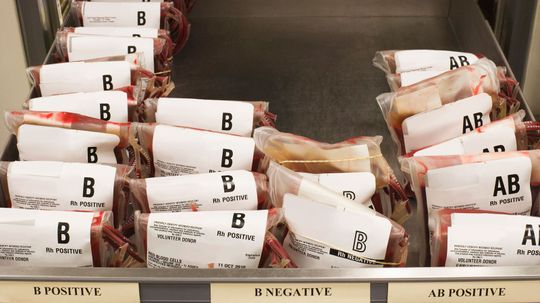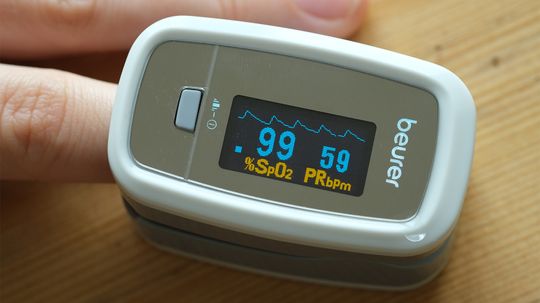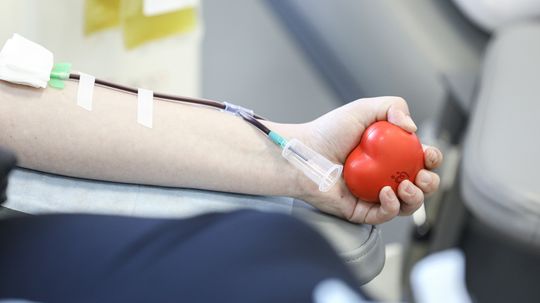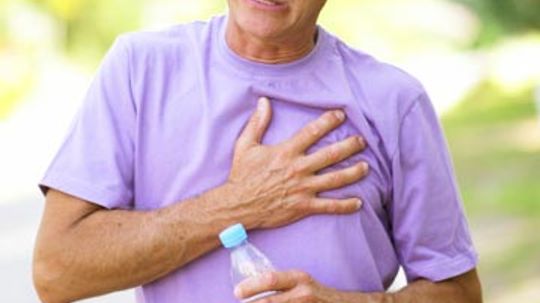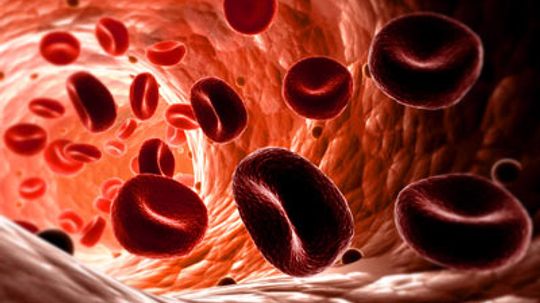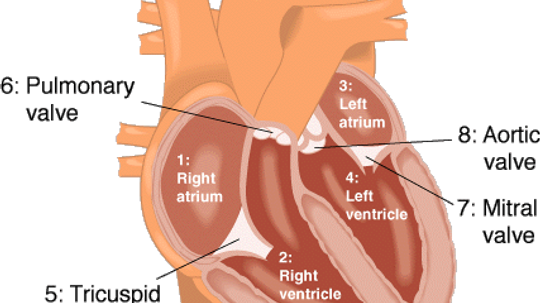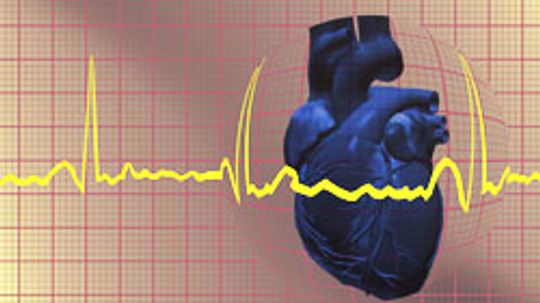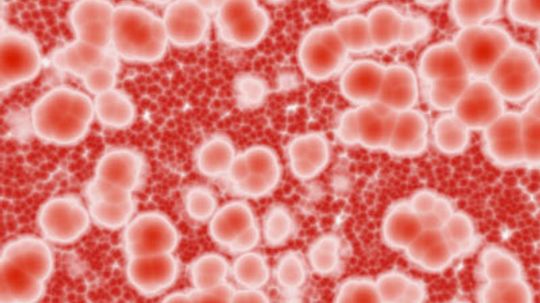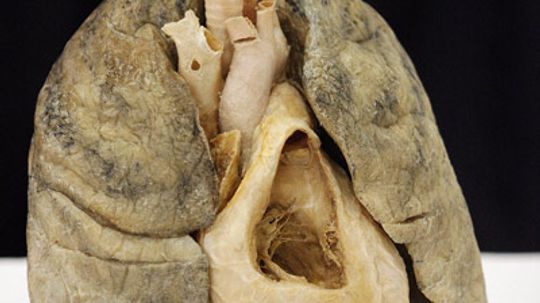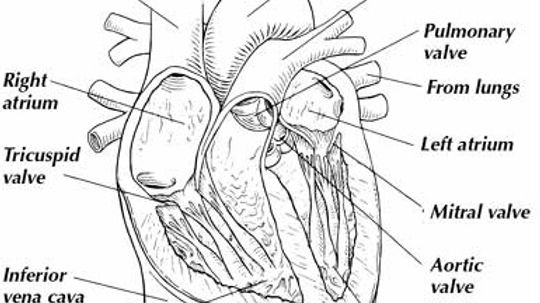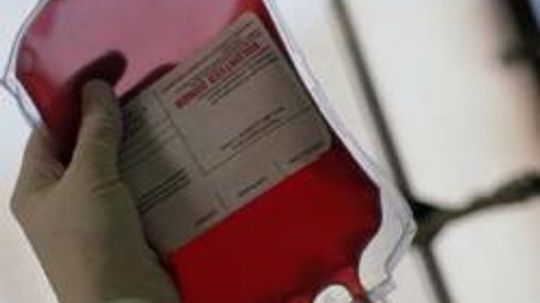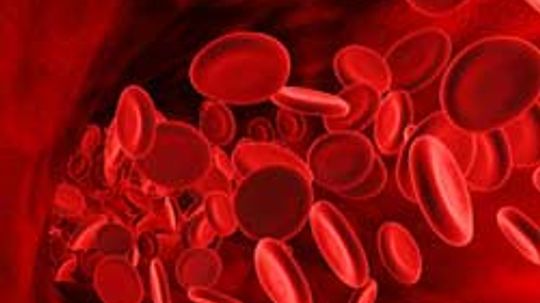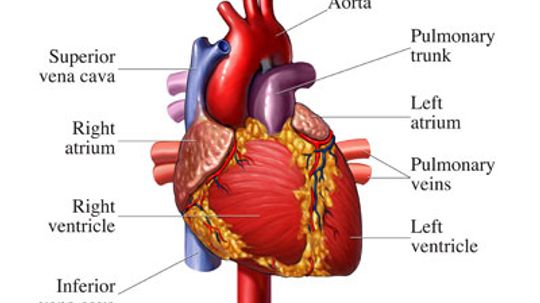Circulatory System
The heart is a hollow, muscular organ that maintains blood circulation throughout the body. Learn how the circulatory system - your heart, blood vessels and blood - bring nutrients to the body.

Ever Stand Up and Get Dizzy?
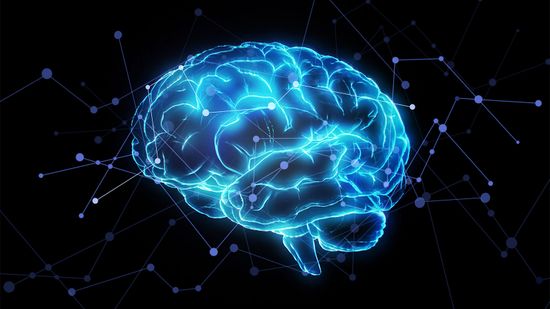
How White Matter Helps the Brain's Gray Matter Function

Bruce Willis Has Aphasia. What Is It and What Causes It?

What Is Saliva and How Does It Change the Taste of Food?
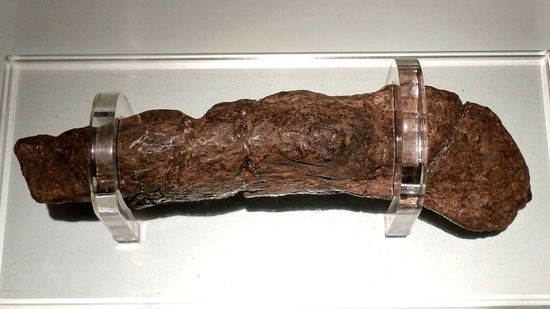
The World's Longest Poop Story Is a Crock of, Well ...

When You Have to Go But Don't Want People to Know

Does Oxytocin Make Us Fall in Love?
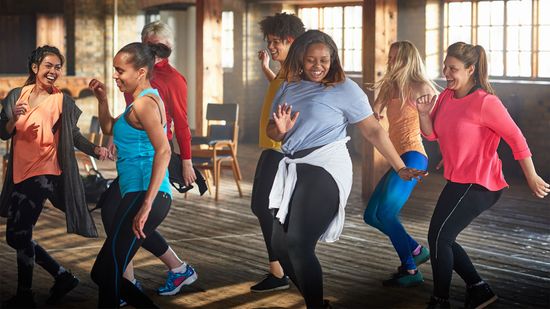
5 Ways Homeostasis Keeps Your Body Humming Along
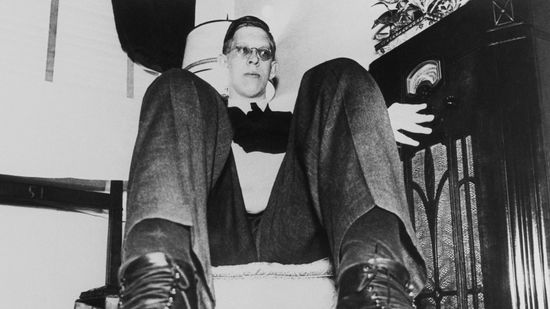
Is It Possible to Get Taller as an Adult?

Do You Have One of the 6 Rarest Eye Colors in the World?

Why Do Babies' Eyes Change Color?
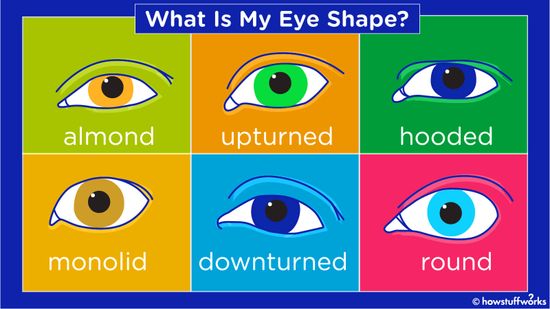
There Are 6 Different Eye Shapes. Which One Is Yours?
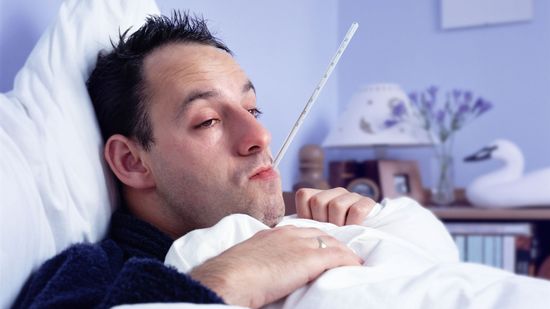
'Man Flu' Could Be a Real Thing

Sugars in Human Breast Milk Act as Antibacterial Agents

Does mouthwash affect your immune system?

Kidney Stones Are Excruciating, But the Source of Pain Is Surprising

Why Do We Do a Little Dance When We Have to Pee?

Do You Turn the Door Key and Have to Pee? It May Be All in Your Brain
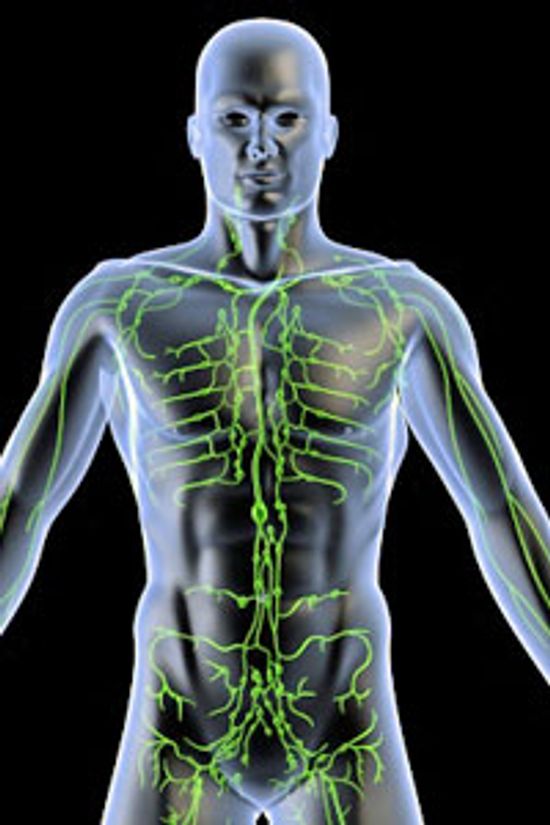
The Lymph System
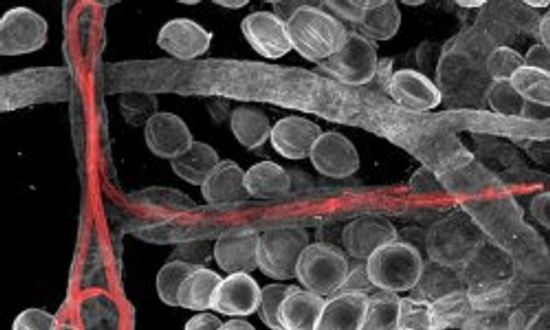
What is lymph?
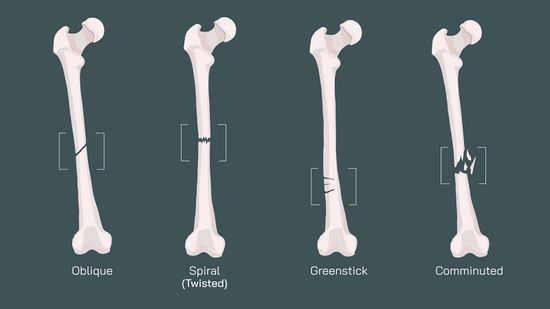
11 Types of fractures That Can Show Up in an X-ray or MRI

How One Key Protein May Help Tendons Enhance Athletic Performance

What Are Muscle 'Knots' and How Do You Get Rid of Them?
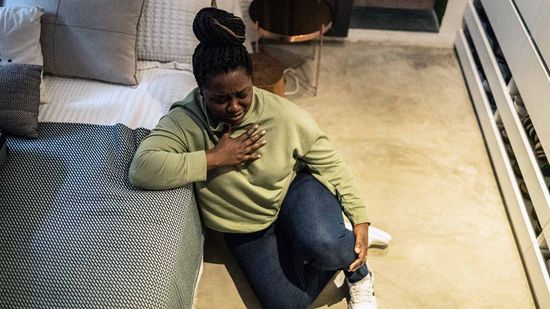
What Happens When the Wind Is Knocked Out of You?
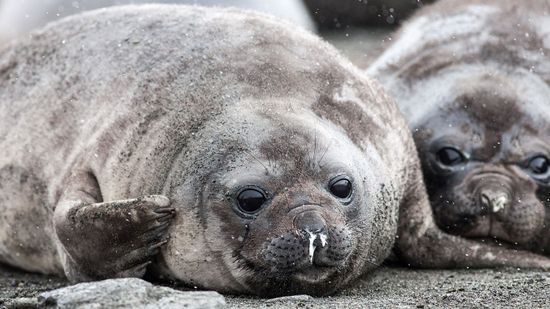
The Science Behind Why We All Have Snot

Why Breathing Through Your Nose Is Best
Learn More
The Fugate and the Combs families in rural Kentucky lost the genetic lottery, as both shared a rare recessive trait that made their skin look blue. What happened to the blue people of Kentucky?
By Dave Roos
There are eight major blood types and some are more common than others. But what's the rarest of them all?
A low oxygen level in your blood is a good indicator of a COVID-19 infection, but what exactly does that mean and how do doctors test for it?
Advertisement
James Harrison's blood contains a rare and powerful antibody that's saved millions of Australian babies. Now, at age 81, after donating 1,173 times, he's hoping someone else will pick up where he left off.
What makes your heart beat is not a simple as you think. Take a look into what makes this crucial organ tick with the help of the information inside this article.
Every second of the day, blood bustles through your body, bound for your brain, toes and everything in between. How does your heart receive its fair share of the good stuff?
By Tom Scheve
When it comes to the heart, timing is critical. An irregular heartbeat is inefficient and deprives the body of blood. So what sets your ticker's rhythm?
By Julia Layton
Advertisement
Lub-dub, lub-dub, lub-dub, that's usually the sound of a happy heart. But what's responsible for that steady, comforting beat, and what if your heart doesn't sound like that?
By Tom Scheve
The heart is crucial to life and the focus of love. Explore the parts of the heart and how your heart works, plus take a look at real pictures of human hearts with this gallery.
Creatinine is a chemical molecule that is present in the serum (liquid portion) of the blood. The amount of creatinine produced depends on a person's muscle mass. But how is it measured?
Why don't you have two hearts? Here's a hint: It's the same reason why you have one liver, but two eyes. Would a second heart help you live better?
By Josh Clark
Advertisement
The heart is one of the strongest muscles in the body. Learn about this extremely vital part of the body.
When you donate blood, your blood type is an important factor in how useful your donation may be. Just what are blood types?
When you cut yourself accidentally, do you ever wonder what makes up this thing we call blood? It's pretty amazing stuff, considering how it wards off infections while supplying nutrients to every cell in the human body.
The heart is a vital organ that basically serves as a pump. Learn about heart chambers and valves, blood flow, the heart's electrical system and blood supply. Read more about how this amazing organ works.

